Mailing List
Sign up for our mailing list to get latest updates and offers.
Jim Corbett, born in 1875 in the tranquil hill station of Nainital, India, is renowned for his pioneering work in wildlife conservation and his captivating storytelling. Originally celebrated as a skilled hunter, Corbett's experiences with man-eating tigers led him to recognize the urgent need for wildlife protection. This epiphany drove him to become a leading advocate for conservation, culminating in the establishment of Corbett National Park in 1936, India’s first national park, designed to safeguard the Bengal tiger and its habitat. Corbett's evocative writings, including "Man-Eaters of Kumaon," not only recount his thrilling encounters with wildlife but also reflect his deep empathy for animals and dedication to preserving their natural environments. His legacy endures through the park that bears his name and his influential writings, which continue to inspire conservation efforts and foster appreciation for India's rich natural heritage.
Morning: Arrival: Arrive at Jim Corbett National Park by road or rail. The nearest major railway station is Ramnagar, and the nearest airport is Pantnagar. Check-in: Check in at your chosen lodge or resort. Recommended options include The Corbett Hideaway, Aahana Resort, or Corbett River Creek. Afternoon: Lunch: Enjoy a meal at your resort. Orientation Session: Attend an orientation session to understand park rules, safari schedules, and safety guidelines.Evening: Nature Walk: Take a guided nature walk around the resort to familiarize yourself with the local flora and fauna. Dinner: Relax with a dinner at the resort.
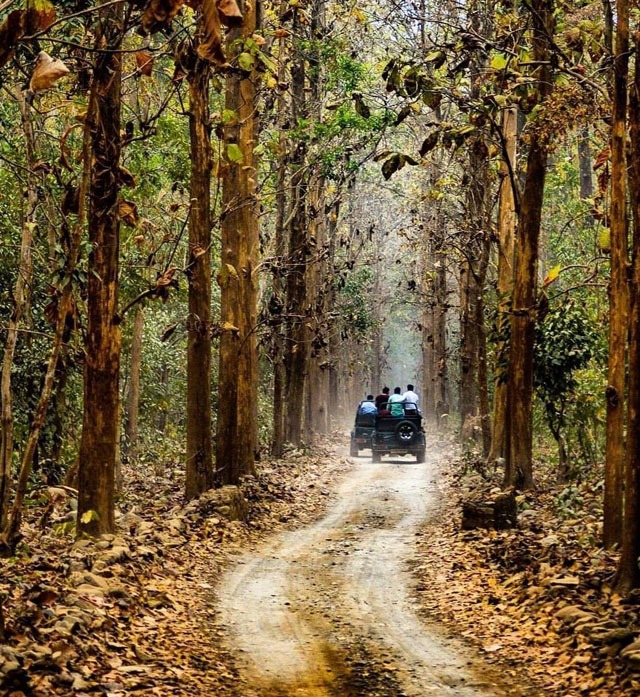
Early Morning: Jeep Safari: Start your day with an early morning jeep safari in the Dhikala Zone, renowned for its rich wildlife and scenic landscapes. Mid-Morning: Breakfast: Return to the resort for breakfast. Late Morning: Corbett Waterfall Visit: Visit Corbett Waterfall for a short trek and enjoy the natural beauty.Afternoon: Lunch: Enjoy lunch at the resort. Leisure Time: Relax at the resort or engage in optional activities like birdwatching or a nature walk. Evening: Evening Safari or Campfire: Opt for an evening safari if available, or participate in a campfire and cultural program at the resort. Dinner: Return to the resort for dinner.
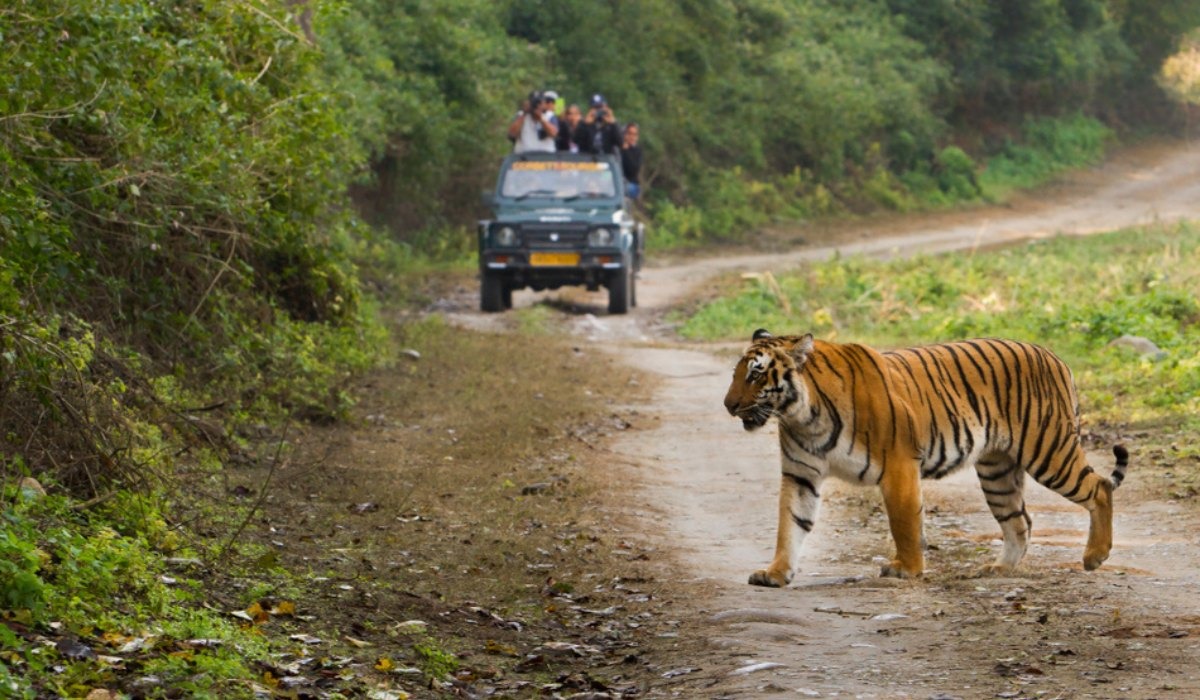
Early Morning: Jeep Safari: Go on an early morning jeep safari in the Bijrani Zone, which offers excellent opportunities for wildlife sightings. Mid-Morning: Breakfast: Return to the resort for breakfast. Late Morning: Visit Garjia Temple: Explore the Garjia Temple on the banks of the Kosi River.Afternoon: Lunch: Have lunch at your resort. Jim Corbett Museum: Visit the Jim Corbett Museum in Kaladhungi to learn about his life and contributions. Evening: Village Visit: Experience local culture with a visit to a nearby village. Dinner: Return to the resort for dinner.
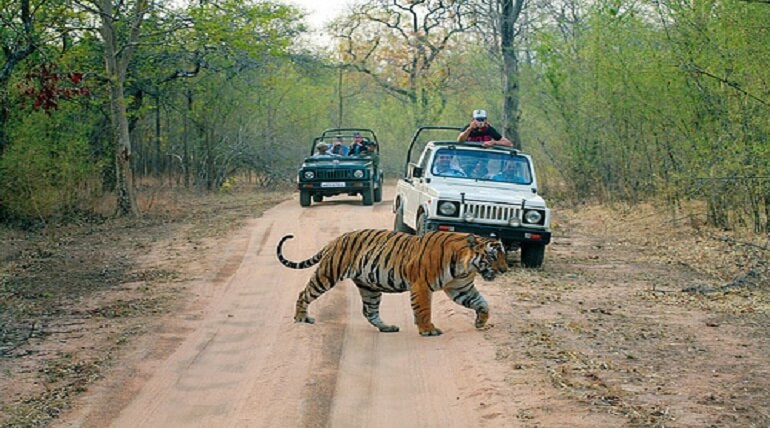
Certainly! Here’s a detailed 8-night, 9-day itinerary for an immersive experience at Jim Corbett National Park. This plan includes multiple wildlife safaris, cultural experiences, relaxation, and exploration of local attractions. Day 1: Arrival and Relaxation Morning: Arrival: Arrive at Jim Corbett National Park by road or rail. The nearest major railway station is Ramnagar, and the nearest airport is Pantnagar. Check-in: Check in at your chosen lodge or resort. Recommended options include The Corbett Hideaway, Aahana Resort, or Corbett River Creek. Afternoon: Lunch: Enjoy a meal at your resort. Orientation Session: Attend an orientation session to understand park rules, safari schedules, and safety guidelines. Evening: Nature Walk: Take a guided nature walk around the resort to familiarize yourself with the local flora and fauna. Dinner: Relax with a dinner at the resort. Day 2: Full-Day Safari in Dhikala Zone Early Morning: Jeep Safari: Start your day with an early morning jeep safari in the Dhikala Zone, renowned for its rich wildlife and scenic landscapes. Mid-Morning: Breakfast: Return to the resort for breakfast. Late Morning: Corbett Waterfall Visit: Visit Corbett Waterfall for a short trek and enjoy the natural beauty. Afternoon: Lunch: Enjoy lunch at the resort. Leisure Time: Relax at the resort or engage in optional activities like birdwatching or a nature walk. Evening: Evening Safari or Campfire: Opt for an evening safari if available, or participate in a campfire and cultural program at the resort. Dinner: Return to the resort for dinner. Day 3: Safari in Bijrani Zone and Local Exploration Early Morning: Jeep Safari: Go on an early morning jeep safari in the Bijrani Zone, which offers excellent opportunities for wildlife sightings. Mid-Morning: Breakfast: Return to the resort for breakfast. Late Morning: Visit Garjia Temple: Explore the Garjia Temple on the banks of the Kosi River. Afternoon: Lunch: Have lunch at your resort. Jim Corbett Museum: Visit the Jim Corbett Museum in Kaladhungi to learn about his life and contributions. Evening: Village Visit: Experience local culture with a visit to a nearby village. Dinner: Return to the resort for dinner. Day 4: Safari in Jhirna Zone and Relaxation Early Morning: Jeep Safari: Take an early morning jeep safari in the Jhirna Zone, known for its diverse wildlife and serene environment. Mid-Morning: Breakfast: Return to the resort for breakfast. Late Morning: Relaxation: Enjoy the resort’s amenities such as the pool or spa.Afternoon: Lunch: Have lunch at the resort. Fishing Trip or Nature Walk: Engage in a fishing trip or a nature walk around the resort. Evening: Evening Safari or Leisure: Depending on availability, take an evening safari or relax at the resort. Dinner: Return to the resort for dinner.
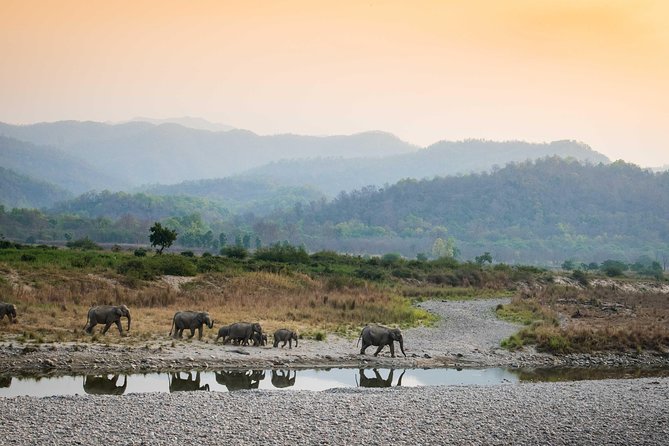
Early Morning: Jeep Safari: Embark on an early morning jeep safari in the Dhela Zone, offering new perspectives on wildlife. Mid-Morning: Breakfast: Return to the resort for breakfast. Late Morning: Explore Local Attractions: Visit nearby local attractions or enjoy a relaxed morning at the resort.Afternoon: Lunch: Enjoy lunch at the resort. Leisure Activities: Participate in activities such as a cooking class or relaxation. Evening: Campfire and Cultural Program: Enjoy a campfire and cultural program at the resort. Dinner: Return to the resort for dinner.
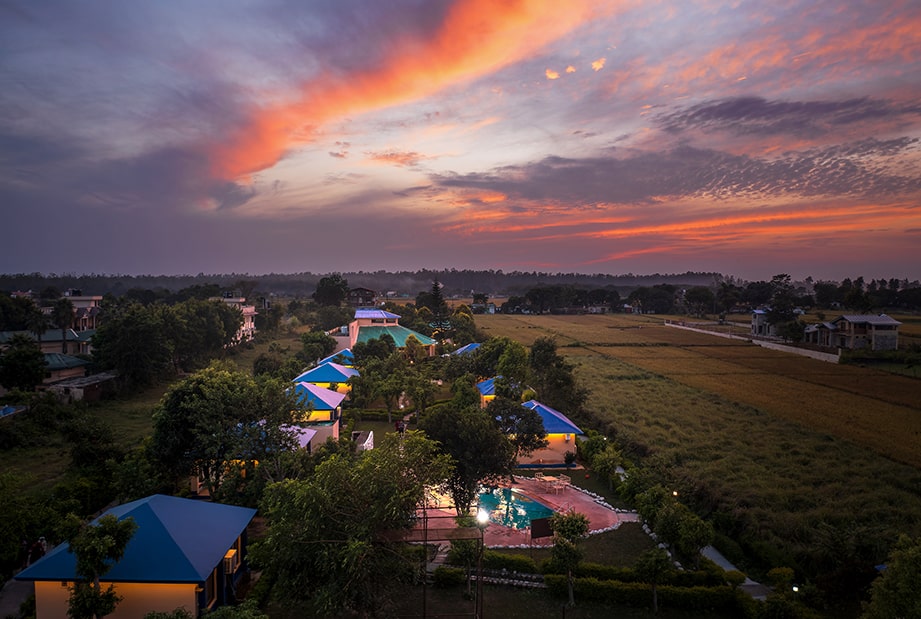
Early Morning: Jeep Safari: Take an early morning jeep safari in the Sitabani Zone, known for its unique wildlife and peaceful environment. Mid-Morning: Breakfast: Return to the resort for breakfast. Late Morning: Relaxation: Spend time relaxing at the resort or exploring nearby areas.Afternoon: Lunch: Enjoy lunch at the resort. Local Craft Exploration: Visit local markets or craft centers to experience regional art and crafts. Evening: Evening Safari or Leisure: Choose between an evening safari if available or relax at the resort. Dinner: Return to the resort for dinner.
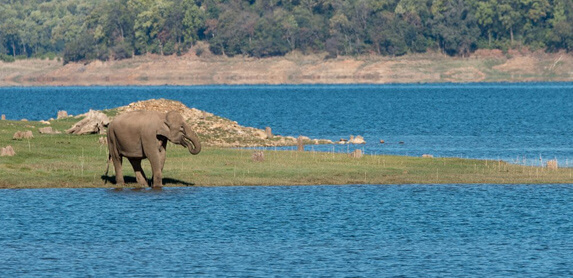
Early Morning: Optional Safari: If time permits, take an optional morning safari in a different zone or revisit a favorite area of the park. Mid-Morning: Breakfast: Return to the resort for breakfast. Late Morning: Relaxation: Enjoy a relaxing morning at the resort or participate in activities like yoga or meditation.Afternoon: Lunch: Have lunch at your resort. Free Time: Use the afternoon for leisure activities or additional exploration based on your interests. Evening: Farewell Dinner: Enjoy a special farewell dinner at the resort, reflecting on your experiences and wildlife sightings.
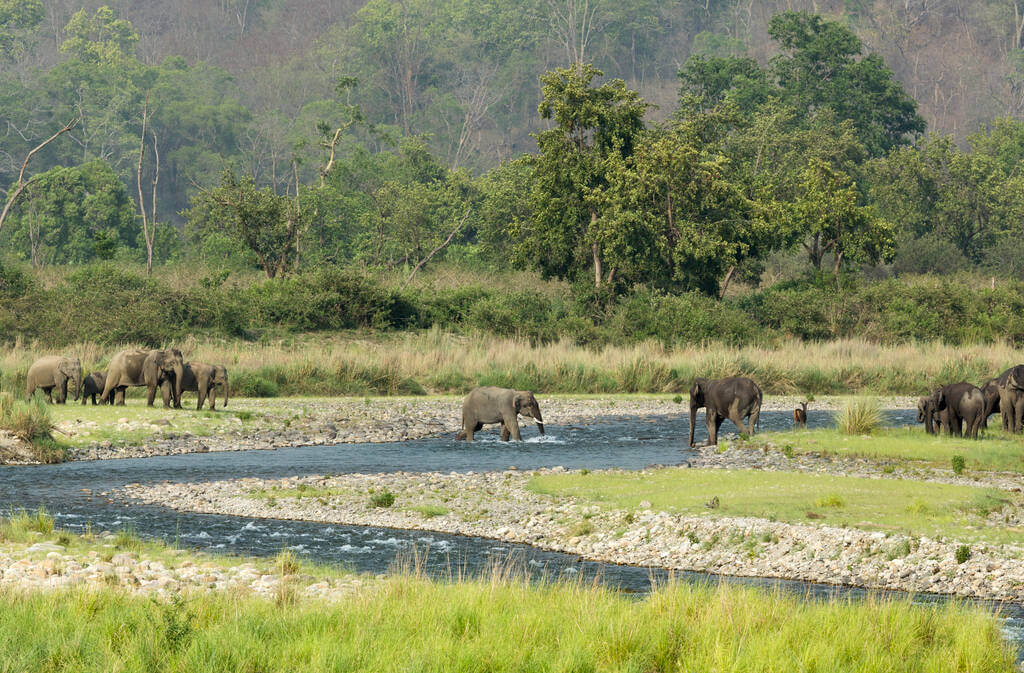
Early Morning: Day Trip: Take a day trip to nearby attractions such as the town of Ramnagar or the scenic areas around the park. Mid-Morning: Breakfast: Enjoy breakfast during your day trip or at the resort before departure. Afternoon: Lunch: Have lunch at a local restaurant or at the resort if returning early.Late Afternoon: Cultural Immersion: Engage in a local cultural experience, such as a traditional dance performance or cooking class. Evening: Dinner: Return to the resort for dinner and relax.

Early Morning: Final Safari (Optional): If time permits, take a final early morning safari to experience the park one last time. Mid-Morning: Breakfast: Return to the resort for breakfast and check out. Departure: Travel: Depart for your onward journey, whether it’s back to the railway station, airport, or your next destination.
Jim Corbett was a British hunter and wildlife conservationist born in 1875 in Nainital, India. He is known for his significant contributions to wildlife preservation and for establishing Corbett National Park, India’s first national park.
Jim Corbett is renowned for his role in the creation of Corbett National Park in 1936, aimed at protecting the Bengal tiger and its habitat. His notable achievements also include his writings on wildlife and conservation, such as "Man-Eaters of Kumaon," which highlight his experiences and advocacy for wildlife protection.
Jim Corbett transitioned from hunting to conservation due to his realization of the ecological importance of preserving wildlife. His experiences with the declining population of Bengal tigers and other species led him to focus on protecting their habitats rather than hunting them.
Corbett National Park was established in 1936, originally named Hailey National Park. It is significant because it was the first national park in India, created to protect the Bengal tiger and its natural habitat, setting a precedent for wildlife conservation in the country.
Jim Corbett authored several notable books, including "Man-Eaters of Kumaon," "The Man-Eating Leopard of Rudraprayag," and "Jungle Lore." These books offer detailed accounts of his encounters with wildlife and his observations on the natural world.
After retiring from his conservation work in India, Jim Corbett spent his later years in Kenya, East Africa. He continued his passion for wildlife and nature until his death in 1955.